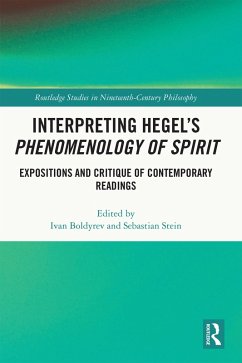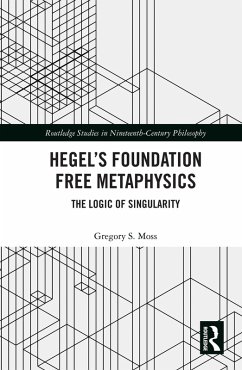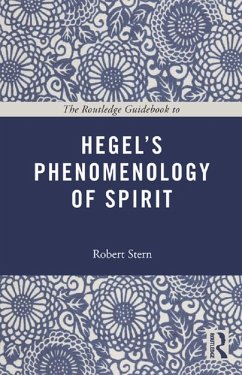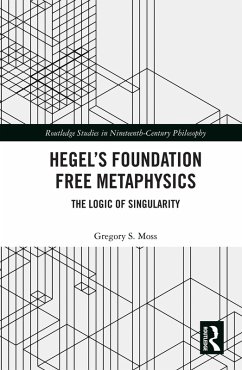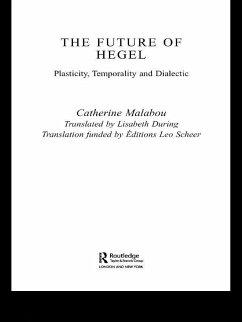
Interpreting Hegel's Phenomenology of Spirit (eBook, PDF)
Expositions and Critique of Contemporary Readings
Redaktion: Boldyrev, Ivan; Stein, Sebastian
Versandkostenfrei!
Sofort per Download lieferbar
39,95 €
inkl. MwSt.
Weitere Ausgaben:

PAYBACK Punkte
20 °P sammeln!
This book focuses on the interpretations of Hegel's Phenomenology of Spirit that have proved influential over the past decades. Current readers of Hegel's Phenomenology face an abundance of interpretive literature devoted to this difficult text and confront a plethora of different philosophical presuppositions, research strategies and hermeneutic efforts.To enable a better orientation within the interpretative landscape, the essays in this volume summarize, contextualize and critically comment on the issues and currents in contemporary Phenomenology scholarship. There is a common set of three ...
This book focuses on the interpretations of Hegel's Phenomenology of Spirit that have proved influential over the past decades. Current readers of Hegel's Phenomenology face an abundance of interpretive literature devoted to this difficult text and confront a plethora of different philosophical presuppositions, research strategies and hermeneutic efforts.To enable a better orientation within the interpretative landscape, the essays in this volume summarize, contextualize and critically comment on the issues and currents in contemporary Phenomenology scholarship. There is a common set of three questions that each of the contributions seeks to answer: (1) What kind of text is The Phenomenology of Spirit? (2) What do the different strategies of interpretation conceptually bring to the text? (3) How do different interpreters justify their verdict on whether the Phenomenology is still a viable project?
Dieser Download kann aus rechtlichen Gründen nur mit Rechnungsadresse in A, B, BG, CY, CZ, D, DK, EW, E, FIN, F, GR, HR, H, IRL, I, LT, L, LR, M, NL, PL, P, R, S, SLO, SK ausgeliefert werden.




